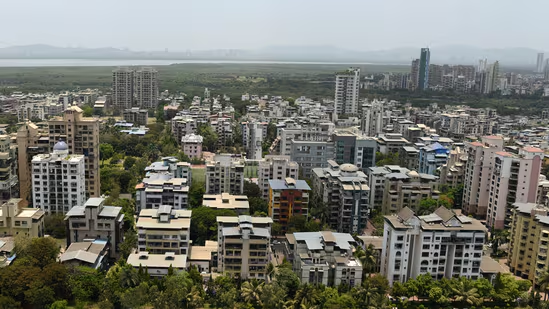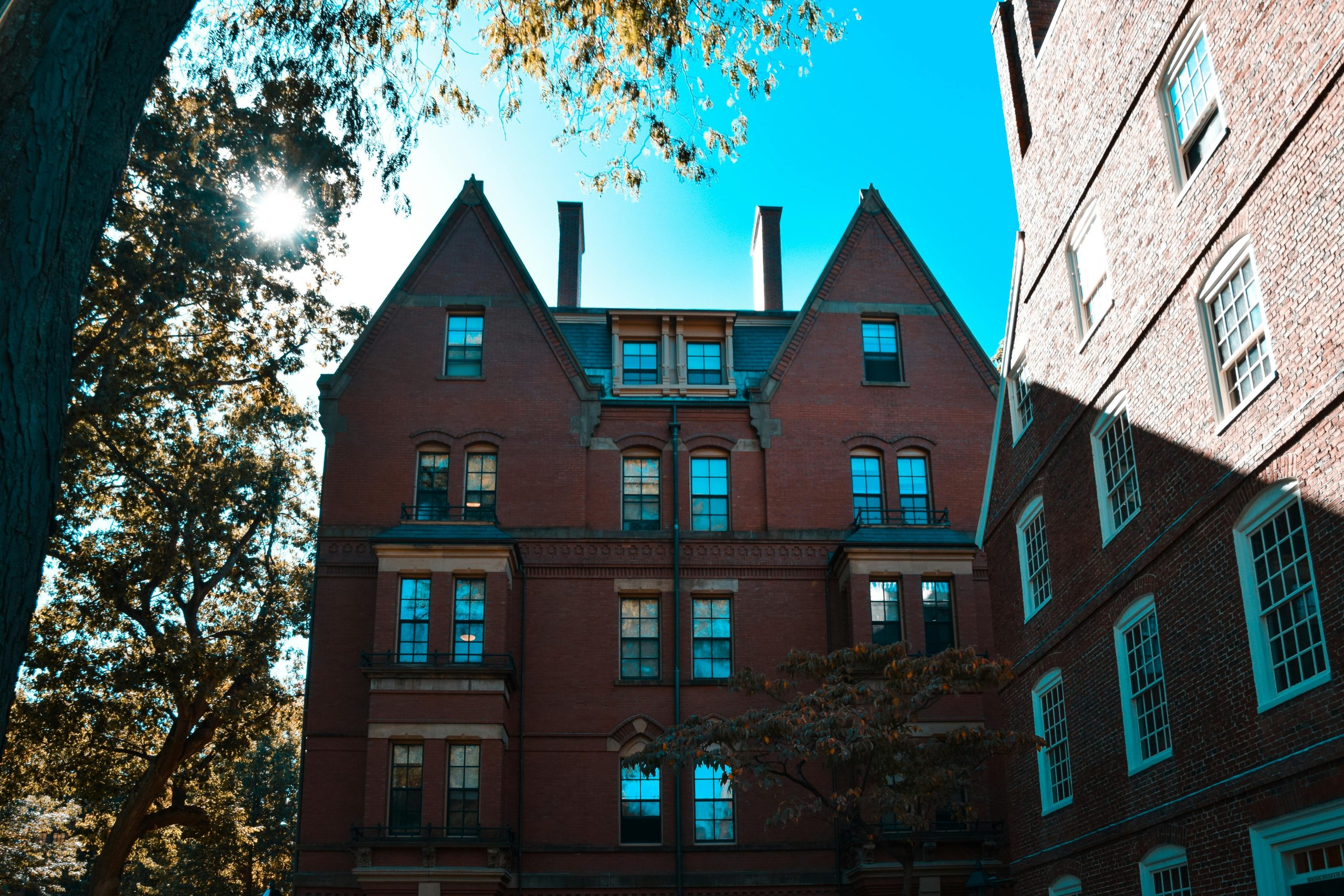New home supply in India fell by 13% during the April-June quarter as builders launched fewer projects due to the impact of elections. The slowdown in project launches was observed across major cities, with developers adopting a cautious approach amid political uncertainties. This article examines the decline in new home supply, the reasons behind it, and the potential implications for the real estate market.
New Delhi, India – The supply of new homes in India saw a significant decline in the April-June quarter, dropping by 13% compared to the previous quarter. The decrease is attributed to the cautious approach adopted by real estate developers amid the election season, which created a climate of political uncertainty.
Data from real estate consultancy Anarock reveals that developers launched fewer projects during this period, with the slowdown evident across major cities such as Mumbai, Delhi-NCR, Bengaluru, Hyderabad, and Pune. The total number of new units launched in these cities fell from 70,000 in the January-March quarter to around 60,900 in the April-June quarter.
“The election period typically brings a sense of caution among developers,” said Anuj Puri, Chairman of Anarock Property Consultants. “Uncertainties surrounding policy changes and potential regulatory shifts during elections make builders hesitant to launch new projects.”
Mumbai and Bengaluru, which are among the top markets for residential real estate, recorded notable declines in new project launches. In Mumbai, new supply fell by 15%, while Bengaluru saw a 12% drop. Other cities like Hyderabad and Pune also reported decreases of around 10% each.
The slowdown in new home supply comes despite a steady demand for residential properties, driven by factors such as low mortgage rates and an overall improvement in economic conditions post-pandemic. Analysts believe that the cautious approach by developers could lead to a temporary mismatch between supply and demand, potentially putting upward pressure on property prices in the short term.
“While demand for homes remains strong, the reduced supply could lead to price hikes in certain segments, particularly in prime locations where availability is already limited,” noted Ravi Ahuja, a real estate analyst at Colliers International.
Despite the current slowdown, developers are expected to resume project launches in the coming quarters as the political landscape stabilizes and economic conditions continue to improve. The recent positive outcomes from state elections and policy clarity are likely to boost developer confidence, encouraging them to accelerate new launches.
“With the elections behind us, we anticipate a rebound in new project launches in the latter half of the year,” said Niranjan Hiranandani, President of the National Real Estate Development Council (NAREDCO). “Developers are keen to capitalize on the sustained demand for housing and the improving economic environment.”
In conclusion, the 13% decline in new home supply during the April-June quarter reflects the impact of the election season on the real estate market. While the slowdown is temporary, it highlights the sensitivity of the sector to political and regulatory uncertainties. As the market stabilizes, developers are expected to ramp up new project launches, aligning supply with the continued strong demand for residential properties.















